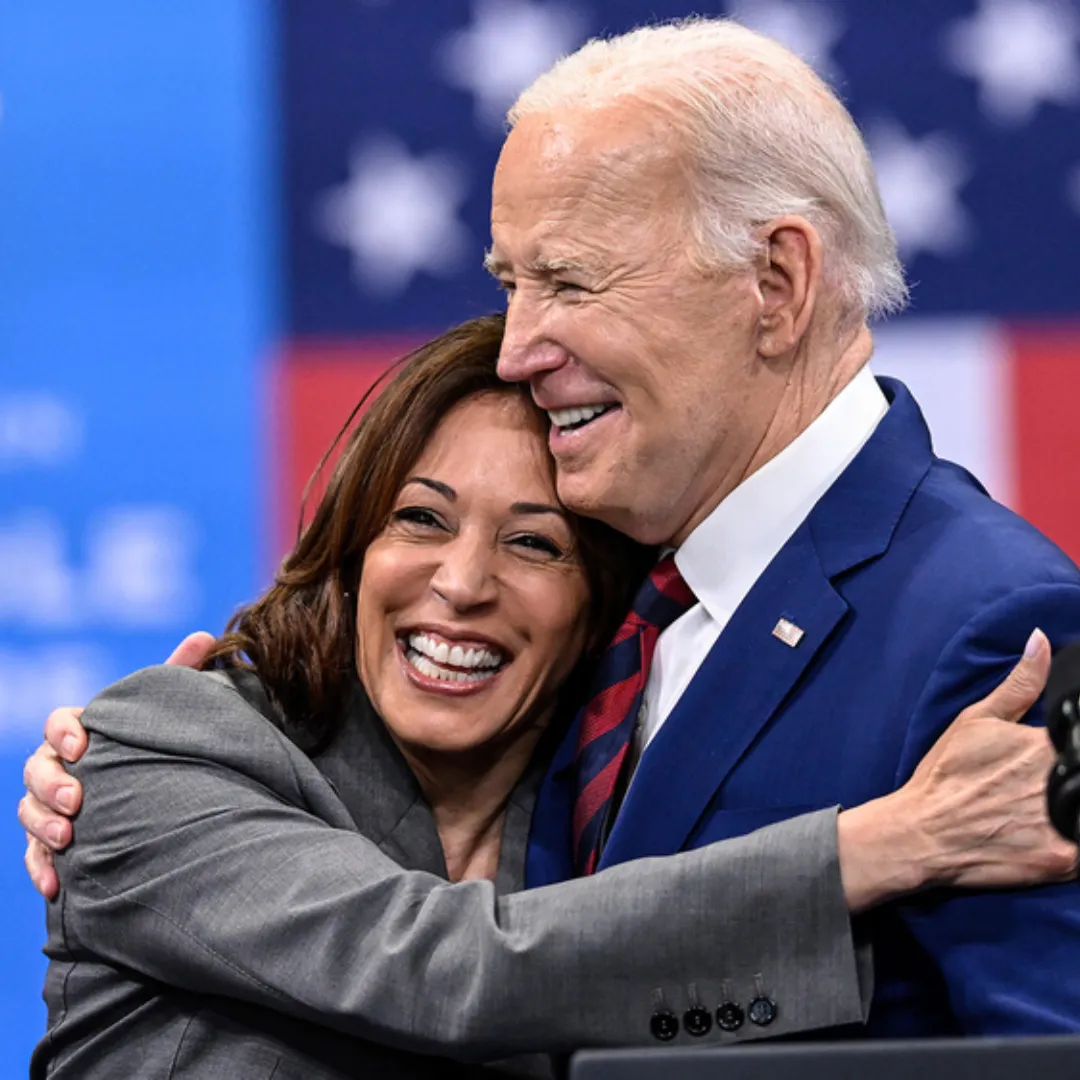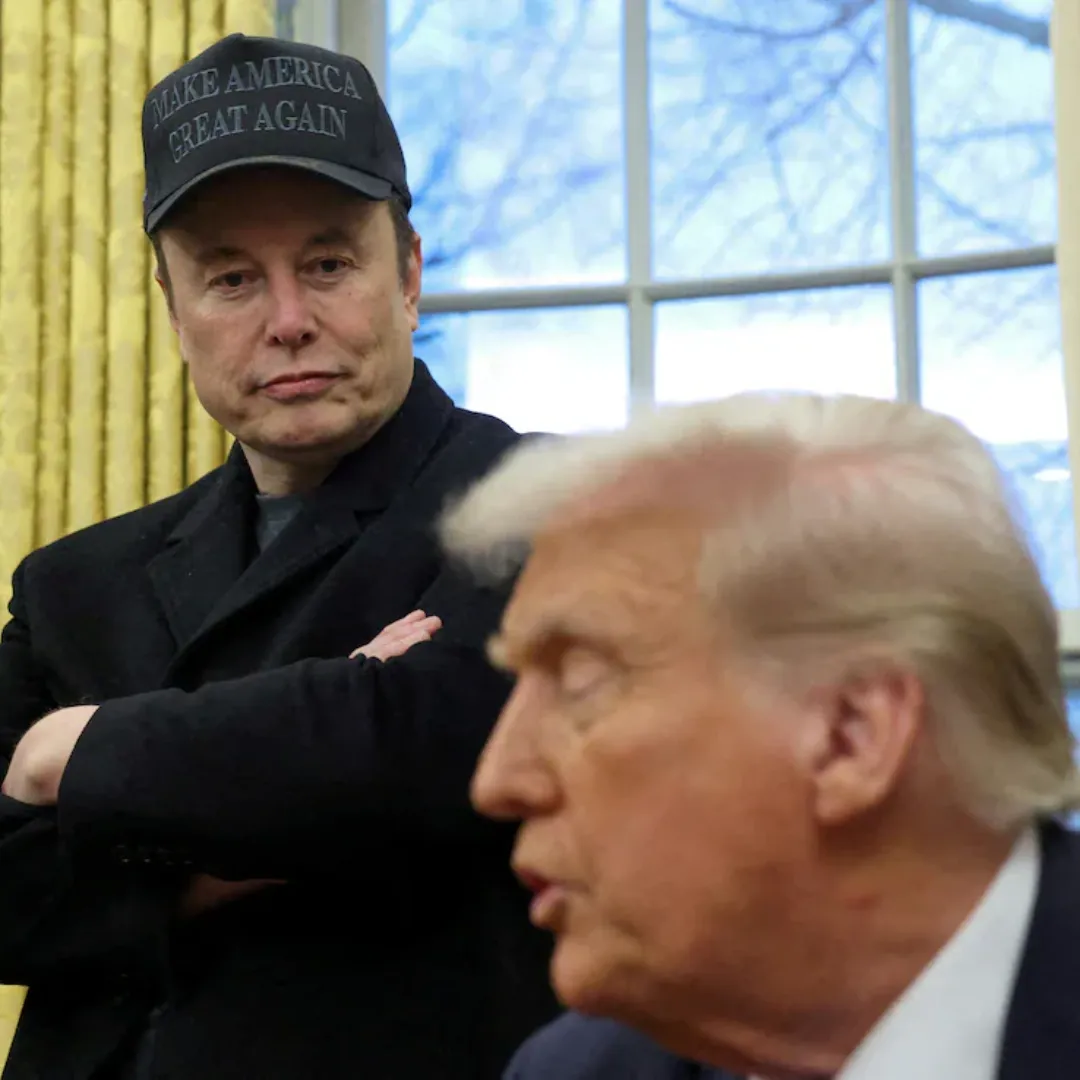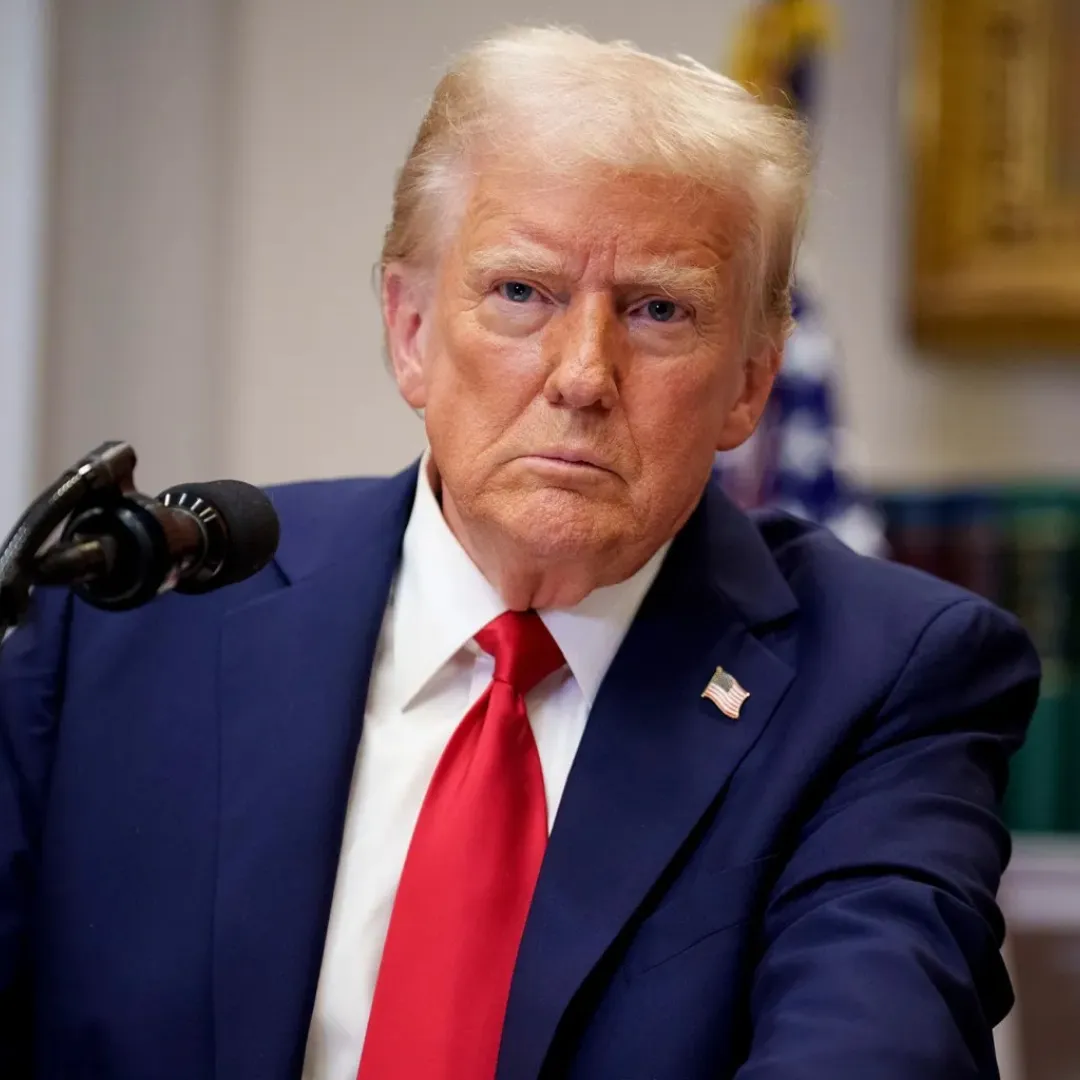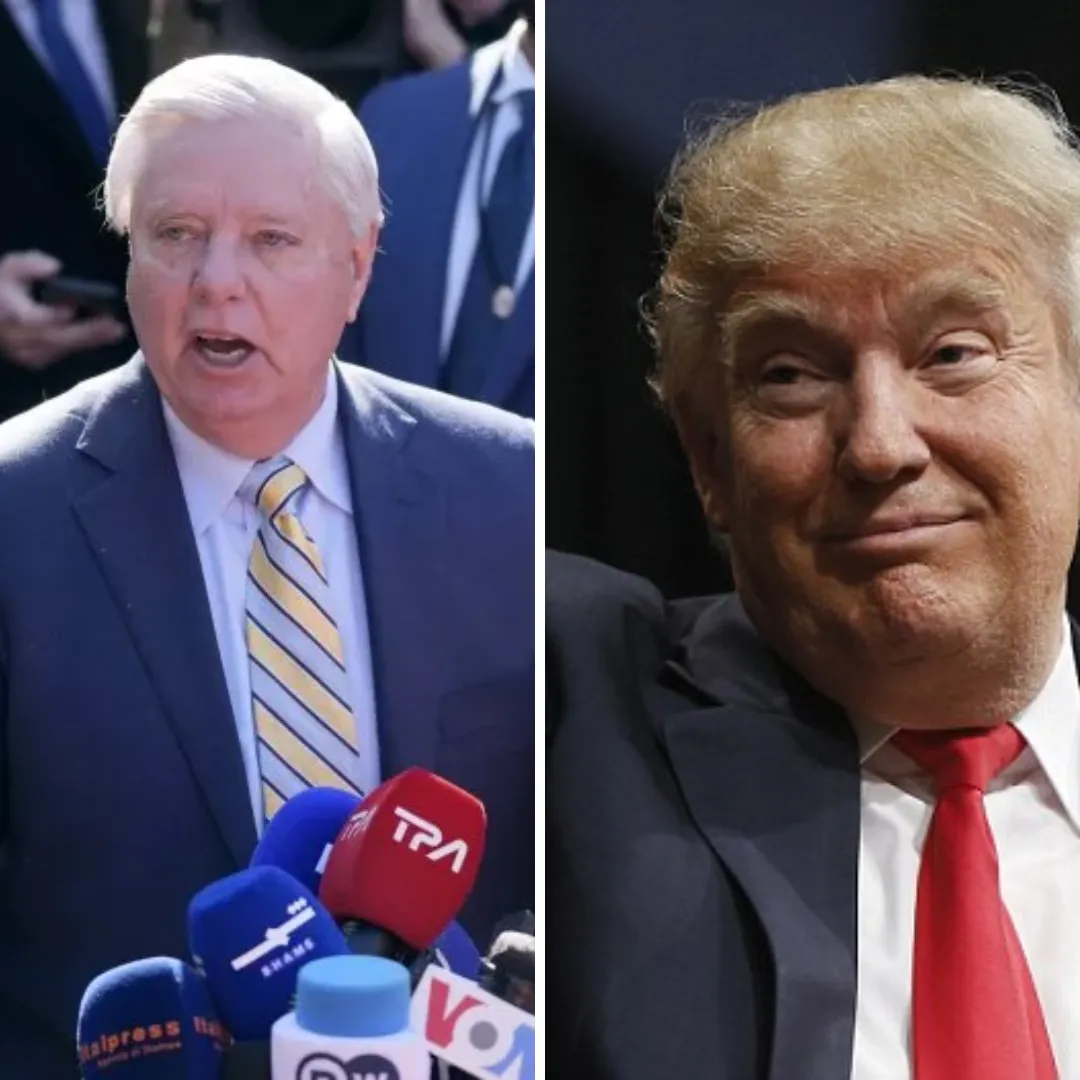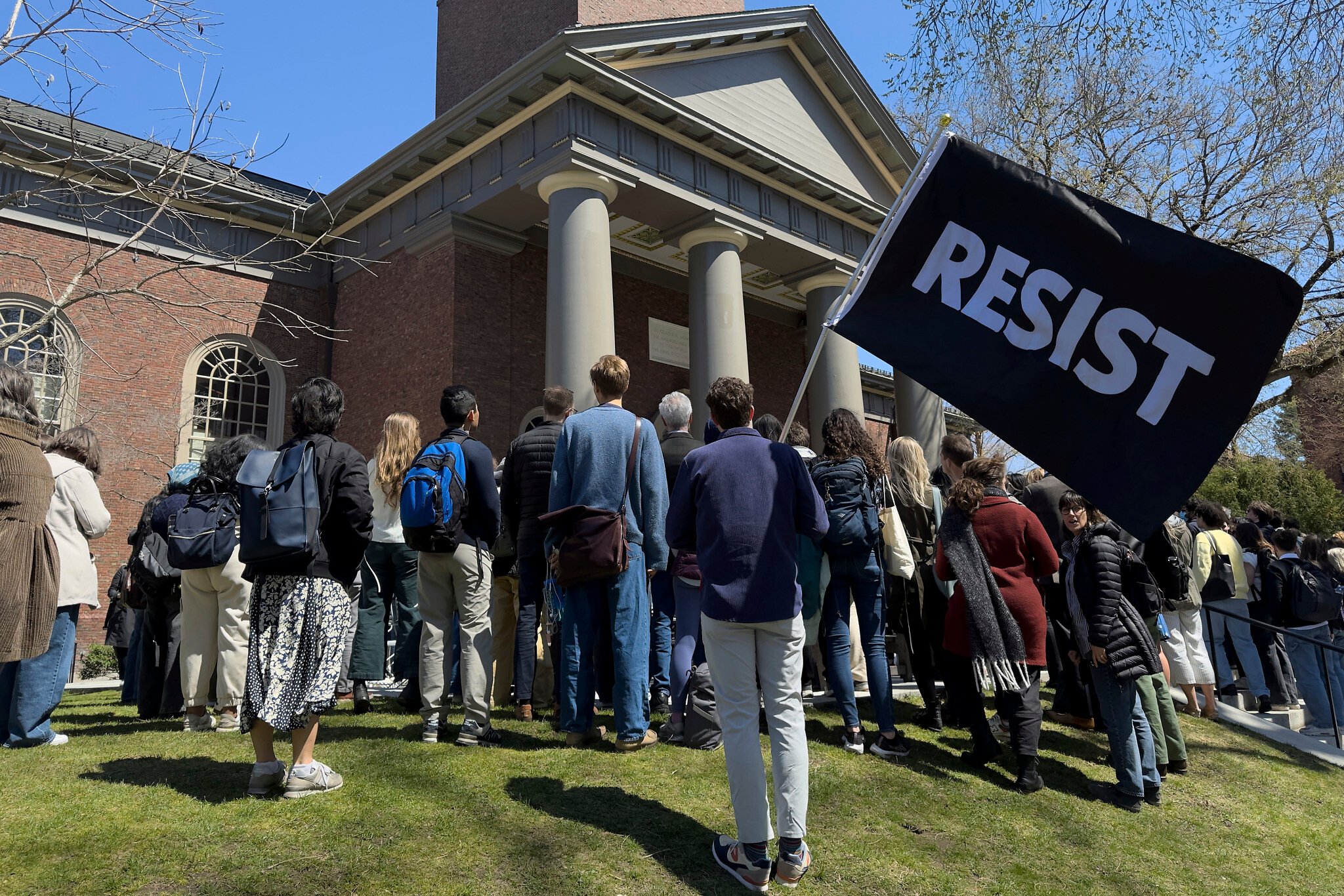
President Donald Trump has unleashed a new and blistering round of attacks against Harvard University, branding the Ivy League institution as a national threat and accusing it of harboring extremism and anti-American sentiment. In a series of incendiary posts published Thursday on his platform Truth Social, the president labeled Harvard a “threat to democracy,” a “far left institution,” and a haven for “anti-Semitic” ideology.
The tirade marks a significant escalation in Trump’s long-running feud with elite universities, and it comes as Harvard remains locked in a high-stakes legal battle with his administration over the loss of billions in federal funding.
Trump’s latest comments were delivered with the characteristic fury that has defined his rhetoric toward institutions he perceives as hostile. “Harvard is an Anti-Semitic, Far Left Institution, as are numerous others, with students being accepted from all over the World that want to rip our Country apart,” Trump wrote in one of several posts.
“The place is a Liberal mess, allowing a certain group of crazed lunatics to enter and exit the classroom and spew fake ANGER AND HATE. It is truly horrific!” His language evoked imagery of chaos, ideological extremism, and a fundamental betrayal of American values—all taking place within the walls of one of the world’s most prestigious universities.
Though Trump has often attacked elite academic institutions in the past, this most recent barrage is tied directly to a legal confrontation now underway between Harvard and the federal government.
After the university refused to implement sweeping changes demanded by the Trump administration—including eliminating its diversity, equity, and inclusion programs and altering admissions and hiring practices—the administration responded by revoking $2.2 billion in federal funding.
Harvard, led by President Alan Garber, then filed suit against the administration in an effort to reverse the funding cuts, arguing that the demands infringed on academic freedom and institutional autonomy.
Garber has refused to back down. In a recent interview with NBC News, he said, “We are defending what I believe is one of the most important lynchpins of the American economy and way of life: our universities.”

His remarks were widely seen as a direct rebuke to Trump’s efforts to impose ideological conformity on higher education through financial pressure and public intimidation.
Trump’s Thursday posts also took aim at a specific individual, attorney Bill Burck, who is representing Harvard in the lawsuit while simultaneously advising the Trump Organization. “Harvard is a threat to Democracy, with a lawyer, who represents me, who should therefore be forced to resign, immediately, or be fired,” Trump declared.
“He’s not that good, anyway, and I hope that my very big and beautiful company, now run by my sons, gets rid of him ASAP!” Within hours, Trump’s wish was fulfilled. NewsNation reported that Burck had been dismissed from his advisory role at the Trump Organization. Eric Trump confirmed the move, saying, “I view it as a conflict and I will be moving in a different direction.”
The decision to fire Burck was not only a clear demonstration of Trump’s influence over his business empire, but also a warning shot to others who might be perceived as disloyal.
In Trump’s political orbit, professional associations with adversaries—even in a legal context—are increasingly viewed as acts of betrayal. The message was unmistakable: if you stand with Harvard, you do not stand with Trump.
In the background of this political and legal conflict is a broader battle over the identity and role of American universities. For months, Trump and his allies have attacked elite schools for what they describe as political bias, a lack of patriotism, and indoctrination of students with left-wing ideology.
These claims have become a centerpiece of Trump’s second-term narrative, which casts him as a lone defender of American values besieged by entrenched institutions ranging from the press to the academy. The campaign has included threats to strip tax-exempt status from schools that refuse to comply with federal mandates and proposals to curtail visas for international students at universities like Harvard.
The administration has argued that these measures are necessary to combat what it calls “radicalization” on college campuses and to ensure that American institutions are serving American interests. Critics, however, say the moves amount to political retribution and ideological censorship.

They point to the fact that many of the policies targeted by the Trump administration—such as DEI programs—are widely supported within academic circles as tools for addressing systemic inequality and fostering a more inclusive educational environment.
Harvard, in particular, has become a symbol in this ideological fight. Its global reputation, historic status, and prominent alumni network make it both an easy target and a powerful symbol. By attacking Harvard so aggressively, Trump is not just fighting a legal battle—he is waging a culture war.
In his version of events, Harvard is not a place of learning, but a liberal fortress plotting to undermine the foundations of the nation. His posts suggest that the school is populated by “crazed lunatics” and foreign students who are tearing the country apart, rhetoric that echoes populist tropes about elites, outsiders, and cultural decay.
The reaction to Trump’s remarks has been swift. Supporters rallied behind the president, praising him for exposing what they view as the hypocrisy and arrogance of elite academia.
Critics, meanwhile, accused him of stoking division, peddling conspiracy theories, and using the presidency to settle personal scores. Civil rights groups have expressed concern that Trump’s comments could embolden attacks on students and faculty members who are already vulnerable to harassment and discrimination.
Legal experts say Harvard’s case against the administration could set a precedent for how much control the federal government can exert over university policy through funding threats. If the court sides with Harvard, it may reaffirm the principle that academic institutions have the right to govern their internal affairs without political interference.
If the court sides with the administration, it could open the door to more aggressive federal oversight of higher education, with potentially chilling effects on curriculum, research, and campus culture.
For now, the confrontation shows no signs of de-escalating. Trump has made Harvard a central villain in his campaign against what he calls the “deep state,” and Harvard, for its part, has shown no interest in capitulating.
With the legal battle still unfolding, and the political stakes growing by the day, the clash between the White House and America’s oldest university has become a microcosm of the larger ideological fight shaping the nation.
Whether Harvard remains a bastion of academic independence or becomes the next institution brought to heel under Trump’s second term may depend not just on court rulings, but on the outcome of the next election. For now, one thing is certain: the president’s war against Harvard is not about to end. It is a battle fueled by grievance, power, and a deepening belief that American democracy itself hangs in the balance.

